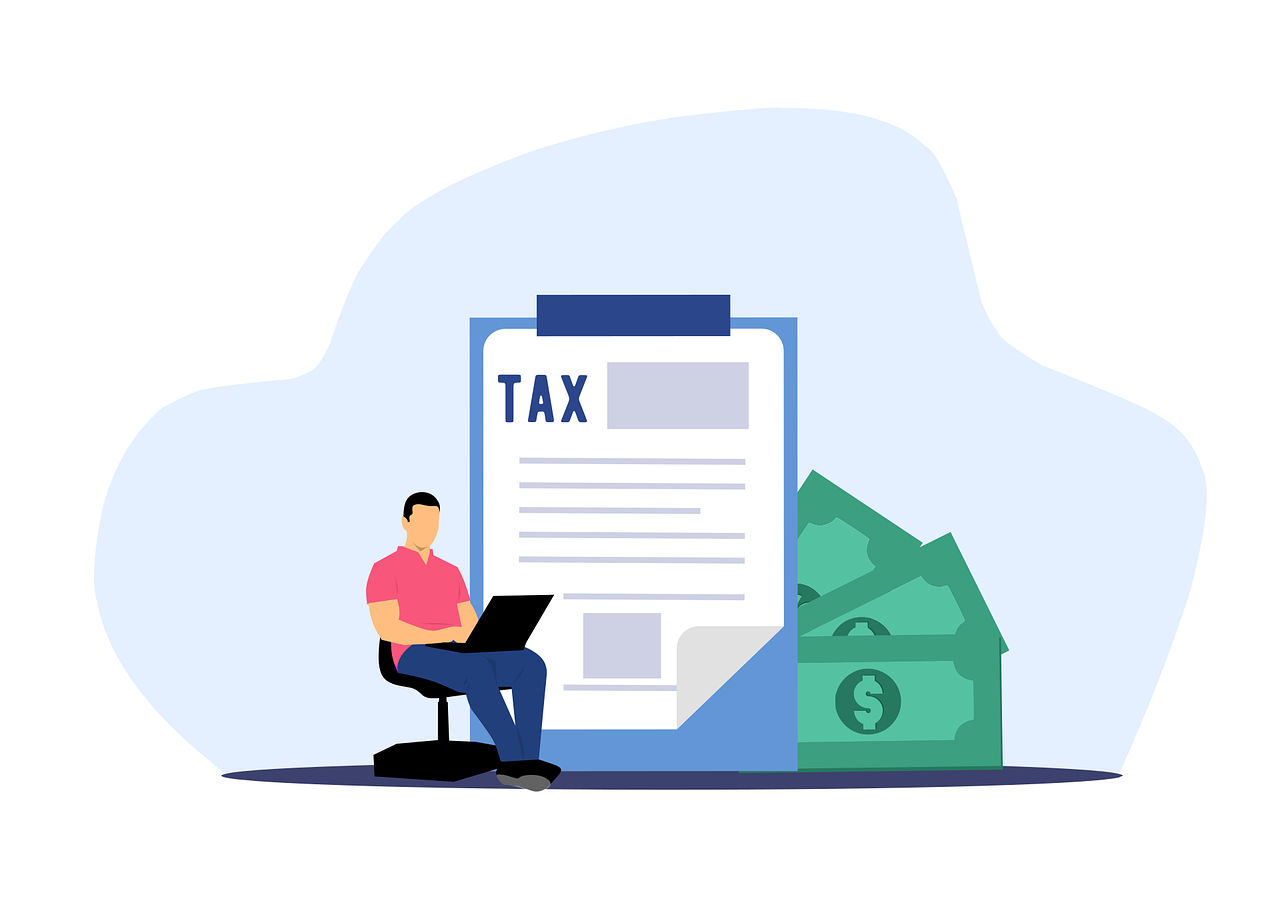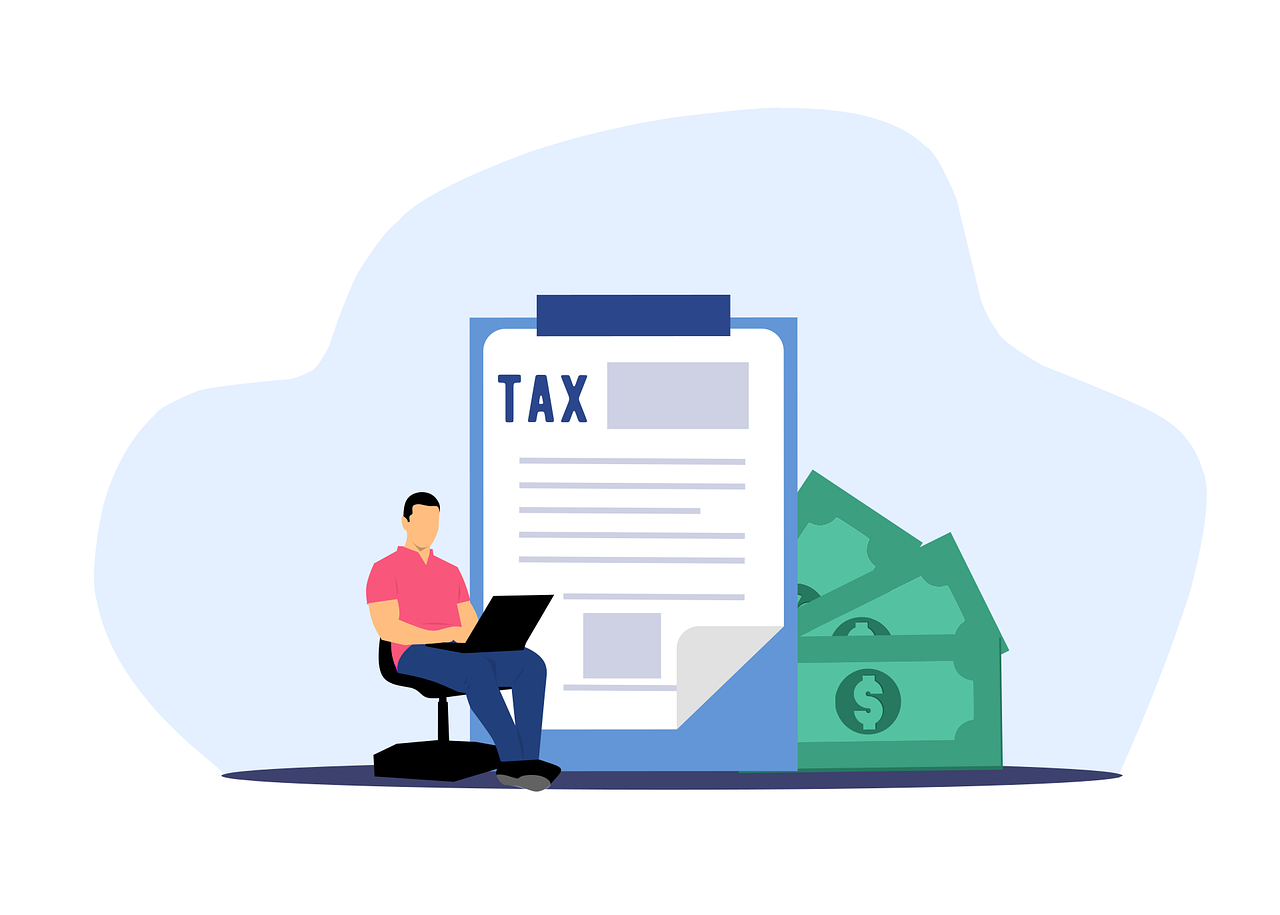Category: Tax
Why Now is the Best Time for Year-End Tax Planning
By Mark Sipos, LFG Tax Director While the holiday season may seem far away, the final quarter of the year is the most important time to prepare for taxes. Once the calendar turns, your options for reducing tax liability and maximizing savings narrow significantly. Taking action now allows for flexibility and better results. One of the first steps is reviewing income, deductions, and potential tax strategies while there is still time to implement them. For some, it may make sense to defer income to the new year or accelerate expenses into the current year. Charitable contributions and pre-paying certain taxes are additional ways that have the potential to strengthen your tax position before December 31. The new “Senior Bonus," an additional $6,000 per person for those age 65 and over, can be a great opportunity to create tax savings, increase ROTH conversions, and help offset taxes on Social Security income. There are income thresholds that can impact the amount you can deduct, so careful planning is important. Investors should also consider tax-loss harvesting, a strategy that offsets gains with underperforming investments. Starting this process early can help maximize tax benefits and prepare portfolios for the year ahead. Retirement contributions are another key area. Individuals still have time to maximize 401(k), 403(b), 457, Health Savings Accounts, and Flexible Spending Plans. Business owners can take advantage of SEPs, SIMPLEs, or even cas
The Tax Impact of Lower Interest Rates
By Mark Sipos, LFG Tax Director Federal Reserve interest rate drops indirectly impact taxes by influencing the economy, which can affect how and what you're taxed on. Lower rates can lead to higher asset values or increasing potential capital gains taxes, but they also reduce inflation's effect on tax bracket adjustments, potentially pushing more income into higher tax brackets. Additionally, lower rates encourage borrowing and spending, which can be inflationary and impact future tax policies, and can make certain charitable giving strategies more attractive. Impact on Income and Capital Gains Taxes Inflation and Tax Brackets: Lower interest rates are often linked to slowing inflation. Since federal tax brackets and standard deductions are adjusted for inflation, a slowdown in inflation means smaller adjustments, potentially pushing more of your income into higher tax brackets and increasing your tax liability. Asset Values and Capital Gains: Lower borrowing costs from rate cuts can boost asset values. This increased value can lead to higher capital gains when those assets are sold, potentially resulting in higher capital gains taxes. Higher Interest Income Tax: Lower rates mean lower interest earned on savings accounts and investments, but this lower interest income is still taxable at ordinary income tax rates. Tax-free investments or qualified dividends may be more tax-efficient. Impact on Tax Policy Shifting Tax Structures: Sustained low
What the Social Security Fairness Act mean for Your Benefits in 2025
By Mark Sipos, LFG Tax Director If you’ve worked in a public service job, chances are you’ve heard of the Windfall Elimination Provision (WEP) or Government Pension Offset (GPO). WEP reduced Social Security benefits for individuals with pensions from jobs that didn’t pay into Social Security, and GPO reduced Social Security spousal and survivor benefits for individuals who also received a pension from a job that wasn’t covered by Social Security. But at the beginning of the year, as one of their last acts in office, the Biden Administration passed the Social Security Fairness Act (SSFA), meaning many retirees may see higher monthly payments and possibly retroactive benefits. Let’s break down what SSFA entails, how the repeals affect you, and what you need to know about the taxation of your Social Security benefits moving forward. What Changed in 2025? On January 5, 2025, the Social Security Fairness Act officially repealed WEP and GPO. This change applies to Social Security benefits payable for any months after December 2023. That means if you were previously impacted by WEP, your benefit could increase, possibly significantly. The repeal also opens the door for retroactive payments dating back to January 1, 2024. In total, more than 3.2 million Americans are expected to benefit from the elimination of WEP and GPO, according to the Social Security Administration. How WEP, GPO Repeal Impacts Public Employees and Retirees The repeal
How the Three Tax Buckets Can Help You Reduce Your Tax Bill
By Mark Sipos, LFG Tax Director When it comes to building a smart financial strategy, understanding how your income is taxed is just as important as how you invest it. That’s where the concept of the three tax buckets comes in — a helpful framework used in tax-efficient investing and retirement planning to help you minimize your tax burden and maximize your income. The first tax bucket is ordinary income, which includes your wages, pensions, Social Security, and interest from CDs, high-yield savings accounts, and money market accounts. These income sources are taxed at your marginal income tax rate, meaning the more you earn, the more tax you pay. Many people don't realize that interest income stacks on top of other income, potentially pushing them into higher brackets. That’s why understanding after-tax returns is critical when evaluating fixed-income investments. The second bucket is for capital gains and qualified dividends. This includes gains from selling stocks, ETFs, mutual funds, and real estate. Short-term capital gains (assets held under a year) are taxed at your ordinary income rate. Long-term capital gains (held for a year or more) are taxed at more favorable rates — 0%, 15%, or 20% depending on your income. Many married couples can earn over $100,000 and still pay 0% capital gains tax, thanks to the standard deduction. This makes capital gains a key part of any tax planning strategy. The third bucket is the tax-free income bu
Changes approaching with TCJA sunsetting
By Mark Sipos, Director of LFG Tax Services The Tax Cuts and Jobs Act (TCJA) of 2017 is the signature tax legislation from Trump’s first term in office, and it cut income tax rates for many taxpayers. Some provisions — including the majority affecting individuals — are slated to expire at the end of 2025. The nonpartisan Congressional Budget Office estimates that extending the temporary TCJA provisions would cost $4.6 trillion over 10 years. For context, the federal debt currently rings in at more than $35 trillion, and the budget deficit is $711 billion. Below is an overview of anticipated changes for both businesses and individuals: Business Reduce the current 21% corporate tax rate to 20% or 15%, with the goal of generating growth. Eliminate the 15% corporate alternative minimum tax imposed by the Inflation Reduction Act (IRA). Individuals Eliminate the estate tax (which currently applies only to estates worth more than $13.99 million). Repeal or raise the $10,000 cap on the deduction for state and local taxes. Create a deduction for auto loan interest. Eliminate income taxes on tips, overtime and Social Security benefits. Possible Offsets The House GOP document outlines numerous possibilities beyond just spending reductions to pay for these tax cuts. These include: Tariffs There is a proposed 10% across-the-board import tariff. President Trump, however, has discussed and imposed various tariff amounts, depending on t
Be Aware of Tax Fraud Schemes During Filing Season
By Mark Sipos, LFG Tax Director Tax season is here, and with it are scammers looking for their next victim. Scammers mislead you about tax refunds, credits, and payments, so it’s important to be aware of what their scams can look like. Common schemes Scammers are always changing their tactics in hopes of exploiting you. There are a flurry of deceptive schemes that pop up and this year will be no different. Recently, the IRS has seen scammers do the following: Request gift cards over the phone through a government impersonation scam or by sending a text message, email or social media message. Remember, the IRS never asks for or accepts gift cards as payment for a tax bill. Pose as an IRS agent and call the taxpayer or leave a pre-recorded voicemail stating they are linked to some criminal activity. Threaten or harass the taxpayer by telling them that they must pay a fictitious tax penalty. Instruct the taxpayer to buy gift cards from various stores. Pressure the taxpayer to buy gift cards, then ask the taxpayer to provide the gift card number and PIN. To verify it’s the IRS, go to IRS.gov and verify the form or visit the Let Us Help You page to verify tax information with self-service options. Know who’s calling If the IRS does need to contact you, they will typically contact you the first time through regular U.S. mail delivered by the USPS. The IRS doesn't initiate contact with taxpayers by email, text messages, or social media channels
Preparing for Tax Season
By Mark Sipos, LFG Tax Services With the Holiday season behind us, it is time to start thinking about the 2025 tax filing season. Most documents that you will need to compile and file your 2024 tax return will be arriving in your mailbox soon. Before you begin working on your personal income tax return, it’s a good idea to collect and organize your tax documents and related records. The tax preparation checklist included below will help you keep track of the information you will need. While this is not a complete list of items that may be required for your tax return, it will cover the documents and other information needed by most people to file their federal income tax return. Personal Information: Social Security numbers for you, your spouse, and any dependents. Dates of birth for you, your spouse, and any dependents. Bank account routing and account numbers for direct deposits or tax payments. Driver's license for e-filing. Taxes you may have paid: 2024 estimated taxes for federal state, and local tax agencies. Taxes paid in 2024 for amounts due for 2023 tax returns. Real estate taxes. Sales tax paid for large items purchased. Income: W-2s, 1099s for interest and dividends, brokerage year-end tax summaries for investments. 1099Rs for pension and IRA income. Business and rental income received. Gather all related expenses for these types of income as well. K-1's from S-Corporations and Partnerships. State and local
Tax-Friendly Ways to Give
With the holidays right around the corner, it is a great time to explore tax-friendly ways to give money to loved ones or your favorite charities during the holiday season. The following are some great ways to transfer money to others before the end of the year: Qualified Charitable Distributions (QCDs) If charitable giving is already part of your financial plan, then qualified charitable distributions, or QCDs, are a great way to contribute to your favorite charities throughout the year. If you are 70 1/2, you can donate up to $105,000 to a charity directly from your IRA using a QCD in 2024. In 2025 this amount will expand to $108,000. By utilizing QCDs, the taxable portion of your RMD will be reduced dollar for dollar by the amount given to a charitable organization. This will reduce your federal and state taxes without having to itemize your deductions. Gifting and 529 Plans In 2024, individuals are allowed to gift up to $18,000 to another individual without having to report it to the IRS. By staying under the $18,000 limit, there will be no future tax implications for estate taxes. The $18,000 limitation is per gift to an individual, meaning you can make multiple gifts to different individuals before the end of the year as long as they are under the limitation. In 2025, the limitation per gift will increase to $19,000. Gifting to 529 plans is a great way to plan for future education expenses. Gifts to 529 plans are eligible for a state tax deduction. In 2024, Ohio
Tax-Saving Moves You Can Make Before Year-End
Written by Mark Sipos, LFG Tax Services Director From maximizing tax-advantaged savings accounts to donating to charity, here are strategic tax moves to consider before year-end. Tax Day may still be months away, but there are plenty of tax-planning strategies you can consider before then to help manage your 2024 tax bill. In fact, certain tasks should not—or in some cases cannot—wait until next year, lest you miss out on potentially important tax-saving opportunities. Here are the top strategies to consider before December 31—and those you can ponder until Tax Day. Tax-planning strategies to consider by year-end Be sure to take all your required minimum distributions (RMDs). Generally, taxpayers age 73 or older must take minimum distributions from your tax-deferred retirement accounts by the end of the year. Individuals who reached RMD age in 2024 have until April 1 to take their first distribution. Maximize contributions to your workplace retirement plan First and foremost, if your employer matches contributions, be sure to contribute enough to your tax-deferred workplace retirement plan to get the full amount. consider contributing the maximum allowed—$23,000 ($30,500 if age 50 or older) in 2024 for 401(k)s and similar plans if you have the means. Not only can this help reduce your taxable income for the current year and boost your overall savings, but doing so can also be a great
Tax Strategies to Consider Before Year-End
With the year coming to a close, now is the perfect time to start thinking about tax planning to maximize savings for 2024. Many opportunities for tax adjustments close at year-end, so early preparation can be key to achieving the best possible results. Here are some strategic tax planning tips to consider for the final quarter of the year. The last quarter offers a unique opportunity to review income, deductions, and potential tax-saving strategies while there's still time to act. For business owners, deferring income until next year or accelerating expenses can provide tax advantages. Charitable contributions and pre-paying taxes are also options to consider. Accelerating certain expenses, like equipment purchases, may allow for deductions in 2024, helping to reduce this year’s taxable income. Another useful strategy comes in the form of tax loss harvesting, which involves selling securities at a loss to offset capital gains. Although the final position of your portfolio won’t be set until year-end, starting a review now provides time to make adjustments and capture potential tax benefits. The last few months of the year also provide an ideal time to maximize contributions to retirement accounts like 401(k)s, 403(b)s, and 457 plans. Health Savings Accounts (HSAs) and Flexible Spending Accounts (FSAs) can still be funded, providing further tax advantages. If you’ve turned 73 this year, it’s essential to plan for the required minimum dis
















 Virteom
Virteom